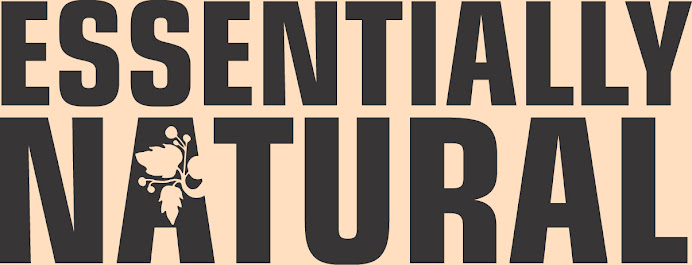It was again the Soil Association that led me to articles in the news today concerning animal cloning in agriculture. The simple facts are that there are still many medical problems attendant on animal cloning, not to mention the stress caused to the individual and other animal welfare questions, the ethics of the practice itself and, of course, the ultimate question of 'where will it all lead?'. And this has to be addressed by all of us, including the scientists, producers and consumers - we can't just bury our heads in the sand.
The claim in many of the articles quoted, that you can't taste the difference between meat or milk from cloned animals, is to me ludicrous in its absurdity. Of course not, they're clones, so if the job's been done right, then the cloned animal would be a replica of the real animal who gave it its genetic and physical makeup.
But it's this wish to produce perfection in animals, disregarding any inherent genetic or other defects, for the good of mankind in order to provide perfect, cheap food from intensive farming, that concerns me. The much deeper ethical and philosophical questions of what we, mankind, are all about can't be ignored. I, and many others, object to genetically-modified plants more from an emotional, subjective stance rather than a purely scientific one. Statistics, in science as anywhere else, can be manipulated to prove a point, and of course Governemnts and the big producers who employ the scientists will want to produce more and more at a cheaper and cheaper rate, with less and less wastage, purely to increase their own profits or sense of well-being.
But GM crops are only a small step along the road to - what exactly? Man's domination of the environment and planet we have so grossly abused over the centuries?
And animal cloning is a much bigger step, followed by? Perfect human beings with no defects, or with built-in genetic pluses to meet our aspirations or dreams of what we would have like to have been?
Yes, it might be nice to have a clone of your long dead pet dog or cat, but would he or she react in the same way as your original given the changed environment in which the clone would find itself? I for one would hate to grapple with the ethical, emotional and family implications of cloning a loved one and bringing up that child in the image of that loved one, and being disappointed when that cloned husband, wife or child did not quite want to live with me in my nineties knowing where he or she came from) and why they were produced.
Coincidentally I listened last week to the futuristic, dystopian novel 'A Brave New World', published in 1932 by Aldous Huxley, on BBC Radio 7. Like many such books, much of what was written has echoes of things that happened not so long after the publication, and these echoes reverberate today in the fact that cloning of animals is accepted by many scientists as the way forward, despite, as said, the moral and ethical objections.
I feel sad that we live in a polarised society of extremes, and that such extremes can sometimes lead to opposition as expressed by violence or misguided liberation of animals from scientific laboratories, and wish that we humans could take a middle way, or act well before Science has produced what we wish it hadn't. But it's much easier for us to do nothing and think 'it'll never happen', and so we close our minds to what really goes on, in this instance to what is done to put our food on the table so cheaply.
We need to stay informed, express our opposition, and help those in whatever small way we can to keep Science from running away with itself in the cause of the greater good. Read Aldous Huxley and you may be shown an inkling of what the not-so-distant future might hold.
O wonder!
How many goodly creatures are there here! How beauteous mankind is! O brave new world!
That has such people in it!
(Quoted by John Savage in Huxley's novel, originally spoken by Miranda in Shakespeare's The Tempest).
Aldous Huxley's Brave New World of course takes things to the ultimate of control with every cloned creation having a predefined intelligence and purpose, all dictated in the belief that an happiness imposed from above is for the greater good of mankind. But happiness has to come from within (or from the spiritual if you believe that we're more than physical and emotional beings). And I for one don't think we have the right to create anything in the image of another human being, or animal for that matter. I leave the rest to your own beliefs.
Friday, 26 November 2010
What would Shakespeare have thought?
Subscribe to:
Post Comments (Atom)

No comments:
Post a Comment